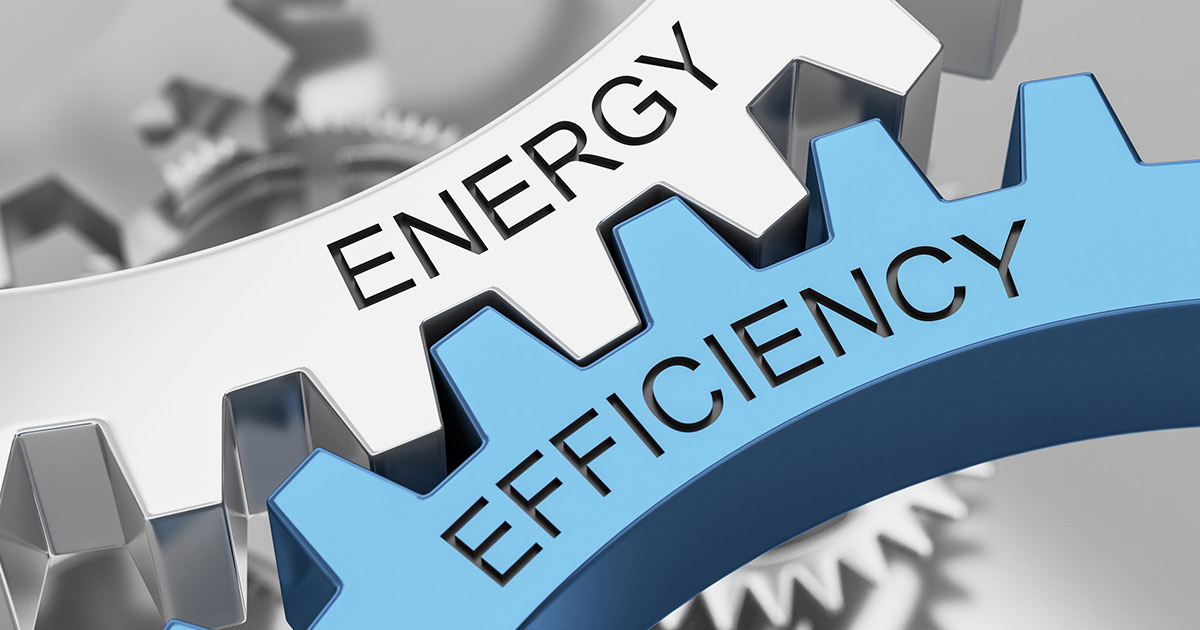Power Factor 101
The Essentials of Power Factor
Electricity consumption efficiency is not just about reducing usage; it’s also about how effectively you’re using the power that’s delivered to you. This is where 'power factor' comes into play. An ideal power factor is 1 or 100%, indicating maximum efficiency. Power factor is the ratio between kW (kilowatts - the actual load) and kVA (kilovolt-amps - the apparent load or what is delivered to your location before consumption). It's a critical metric, especially for manufacturing and industrial firms, where a low power factor, often referred to as "dirty power," can be costly.
The Bottom Line
Why Power Factor Matters to Your Business
A low power factor can lead to significant additional charges on your electricity bill, potentially costing you tens of thousands of dollars annually. Inefficient equipment operation not only leads to higher operational costs but also increased maintenance expenses and the potential for premature replacements.
Businesses have combated low power factors by installing capacitors, which help correct power factor issues and can prevent penalties from electricity providers. It’s advisable to check your power factor and consult with an energy expert to explore your options for improvement.
what to consider before signing
Navigating Price vs. Value in Energy Contracts
Chasing the lowest electricity rate can be tempting, but it’s important to look beyond the immediate savings. Several factors should be considered before committing to an energy contract to avoid future costs that could outweigh initial savings.
Key Considerations for Energy Contracts
- Lease Agreements: Match your energy contract term with your lease duration to avoid being stuck in a contract without a premises to use the energy.
- Tenant Dynamics: For property managers, the complexity of energy procurement and billing during tenant turnovers can be mitigated with the right energy contract that accommodates variable occupancy.
- Payment Terms: If late payments are a possibility, ensure your contract has lenient late payment terms to avoid hefty penalties.
- Usage Patterns: It's essential to choose a rate that matches your usage profile to avoid paying more if your consumption varies. For instance, a slightly higher rate per kWh might be more cost-effective than a lower rate with a high penalty for reduced consumption.
The Role of an Energy Consultant in Contract Selection
When securing electricity contracts, the decision isn’t solely about getting the lowest price. Understanding the nuances of your business's energy needs is crucial. A good energy consultant or broker will take the time to understand these needs and guide you towards a contract that balances cost savings with the flexibility your business requires. Often, the convenience and cost-avoidance provided by a slightly higher rate can outweigh the risks associated with strict, penalty-laden contracts.
Smart Energy Management Means Looking at the Big Picture
Power factor and contract terms play significant roles in your overall energy costs. By understanding and managing your power factor, you can improve efficiency and avoid unnecessary charges. Moreover, by carefully considering contract terms beyond just the kWh rate, you can protect your business from unexpected costs.
An energy consultant can be a valuable partner in helping you navigate these complexities, ensuring that your energy strategy is cost-effective and aligned with your business’s operational needs.





